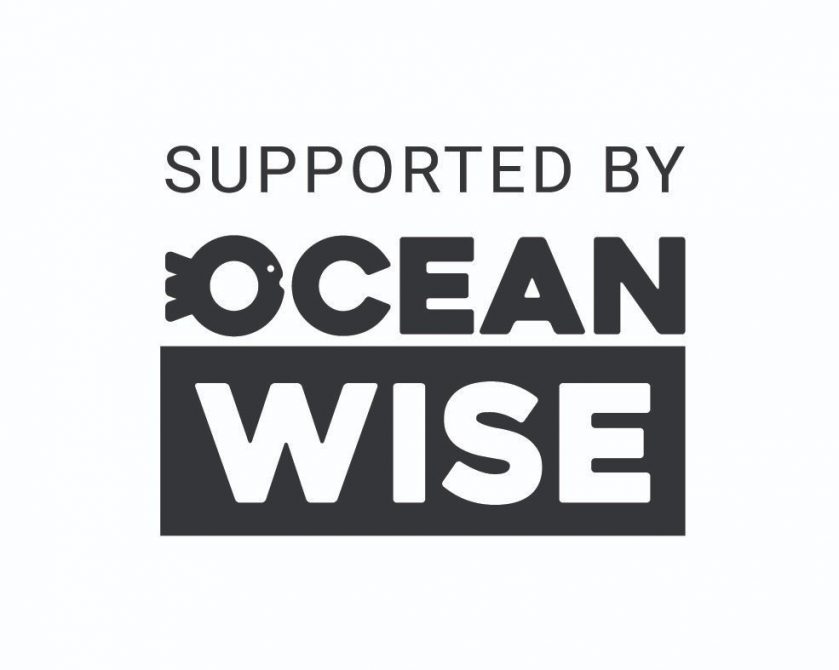Solar Powered Ocean Buoy

Project Details
The Solar-Powered Ocean Buoy initiative, being developed by the SOLIDS LAB at the University of Victoria, harnesses solar energy to monitor critical marine environmental parameters, such as ocean temperature, salinity, and solar radiation. Aimed at advancing climate change research and promoting ocean conservation, this project combines sustainable technology with public engagement to inspire global action towards protecting marine ecosystems.
Project Description
The Solar-Powered Ocean Buoy initiative represents a groundbreaking approach to environmental monitoring and conservation efforts in marine ecosystems. Leveraging solar power, this innovative project deploys autonomous buoys equipped with advanced sensors to collect crucial data on ocean temperature, salinity, and solar radiation. These parameters are vital for understanding the impacts of climate change on marine biodiversity and ecosystem health.
Positioned as a sustainable and eco-friendly solution, the buoy operates entirely on renewable energy, minimizing its environmental footprint while providing continuous, real-time insights into the ocean’s condition. This data is essential for climate research, offering valuable information to scientists, policymakers, and conservationists working to mitigate the effects of global warming and preserve marine environments.
Beyond its scientific contributions, the project plays a significant role in increasing public awareness and engagement with ocean conservation issues. By disseminating data and findings through various channels, including social media, educational programs, and partnerships with environmental organizations, the initiative seeks to inspire action and foster a deeper connection between communities and the ocean.
This project exemplifies the potential of technology and renewable energy to address environmental challenges. Through its focus on sustainability, innovation, and community involvement, the Solar-Powered Ocean Buoy initiative aims to make a lasting impact on ocean conservation efforts and contribute to the global fight against climate change.
What was your biggest challenge?
The most significant challenge we encountered in the Solar-Powered Ocean Buoy project was integrating the diverse sensor data into a cohesive and reliable data management system. This technical hurdle stemmed from the complexity of ensuring accurate, real-time data transmission under varying oceanic conditions, which was crucial for the project’s success.
To navigate this challenge, we engaged in extensive research and collaboration with experts in IoT (Internet of Things) and data science. We experimented with different communication protocols and data formats to find the most efficient and robust solution for our needs. Through iterative testing and feedback loops, we gradually improved our system’s reliability and accuracy.
Additionally, we developed a contingency plan involving local data storage on the buoy, ensuring no data loss during transmission gaps. This adaptive approach allowed us to overcome the technical difficulties, highlighting the importance of flexibility, teamwork, and innovation in addressing complex engineering challenges.
What was your most valuable takeaway?
My most valuable takeaway from the Solar-Powered Ocean Buoy project is the profound understanding that innovative technology and environmental stewardship can, and should, go hand in hand. This project has underscored the importance of utilizing renewable energy sources, such as solar power, to address critical environmental challenges. It demonstrated that through creativity, collaboration, and commitment, we can develop sustainable solutions that have a tangible impact on our planet’s health, particularly our oceans. The experience has deeply enriched my perspective on how technology can be a force for good, fostering a more sustainable and environmentally conscious approach to scientific research and conservation efforts. This realization has not only shaped my professional journey but also reinforced my commitment to contributing to a sustainable future for all.
This project has been created in commemoration of the lives of all the victims of Ethiopian Airlines Flight 302, including two Ocean Bridge ambassadors, Danielle Moore and Micah Messent. We aspire to carry on their legacy and commitment to making the world a better place by creating long-lasting impacts with a firm commitment to driving positive change for the environment and our ocean. We will never forget the light that Danielle and Micah brought to the world and will continue to keep them in our hearts. To learn more about these two amazing people, please visit: Honouring Danielle and Micah – Ocean Wise. This work is partially funded by the Commemoration Fund for Victims of Ethiopian Airlines Flight 302 Tragedy.

